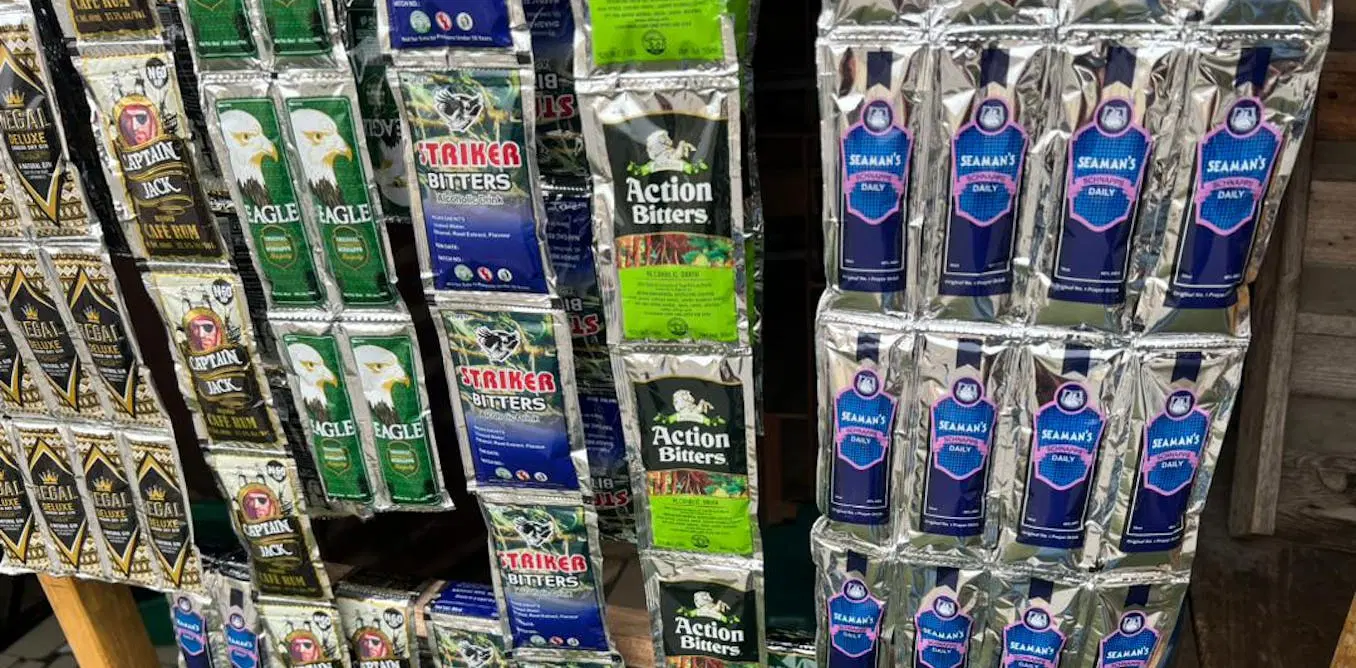Some experts in the oil and gas sector have said Nigeria was not ready to halt the importation of refined petroleum products, urging the Nigerian Midstream and Downstream Petroleum Regulatory Authority to to bow to pressure, according to The Punch.
The experts made these claims in response to claims made by the chief executive of the NMDPRA, Farouk Ahmed that the Dangote refinery requested he cease granting licences for fuel imports.
Ahmed he cant grant such requests that could lead to monopoly to ensure energy security in Nigeria.
However, this comment by the NMDPRA boss seems to had infuriated Nigerians, many of whom called for his immediate removal.
However, an energy consultant, Henry Adigun, condemned the NMDPRA for making comments about the Dangote refinery in public.
He believed that while most of what Ahmed had stated was genuine, it was intended to remain confidential.
Adigun believes that Nigeria shouldn’t cease importing fuel until the nation has three or four refineries operating.
“We cannot stop the importation of fuel now until we have about three to four functioning refineries. We cannot have our energy security in the hands of one person, that’s what the NMDPRA chief executive was trying to say, but it shouldn’t have been a discussion for the press,” Adigun stated.
He further said that other investors who might be impacted by the abrupt halt of imports should also be taken into account by the government.
The expert pointed out that depot owners’ rights to import petroleum were safeguarded by the Petroleum Industry Act and that a fiat could not take those rights away.
Adigun claims that those who currently import fuel inevitably choose to use the Dangote refinery because the cost is less expensive than importing petrol from outside the nation.
Contrary to speculations, Adigun maintained that it was not feasible that the Dangote refinery would crash the pump price.
He maintained that the price of crude will be set by the global standard regardless of whether it was delivered locally or in naira.
He disclosed that the landing cost of petrol is now around N1,100, which has a lot to do with the cost of production.
But according to Adigun, that would only be possible if Dangote and the Nigerian National Petroleum Company Limited had a contract that required them to sell at a set price without relying on the global benchmark or the volatile foreign exchange rate.
Another energy industry expert, Dr Taiwo Petroleum, according to Ogunleye, has continued to play a significant role in the global energy mix and economy. It is also a fundamental component of the contemporary energy system, which supports the world economy.
According to him the NMDPRA should implement the backward integration policy in order to promote investment in local refining within the downstream petroleum industry, as stipulated by Section 317(8) of the PIA.
Similarly, Section 317(9) of the PIA empowers the regulator to assign import licences to companies with active local refining licences or proven track records of international crude oil and petroleum products trading for product shortfalls.
He asserted that under no circumstances should the regulator’s authority be usurped.
The expert pointed out that, in accordance with Section 317(10) of the PIA, import volume allocation should be determined by the NMDPRA using criteria that are based on the refining output of the previous quarter, the percentage of active wholesale customers, competitive pricing, and prudent supply, storage, and distribution track records.
“The imported petroleum products must conform to Afri-5 Specification (50 ppm sulfur) as per the ECOWAS declaration on adoption of the Afri-Fuels Roadmap or as prescribed by regulation,” he stated.
However, the Publicity Secretary of the Crude Oil Refiners Association of Nigeria, Eche Idoko, the But, Eche Idoko asserts that the government has to halt imports as soon as possible.
Idoko said local refiners could supply the fuel required for local consumption If the government follows through on its pledge to provide local refineries with crude in local currency.










